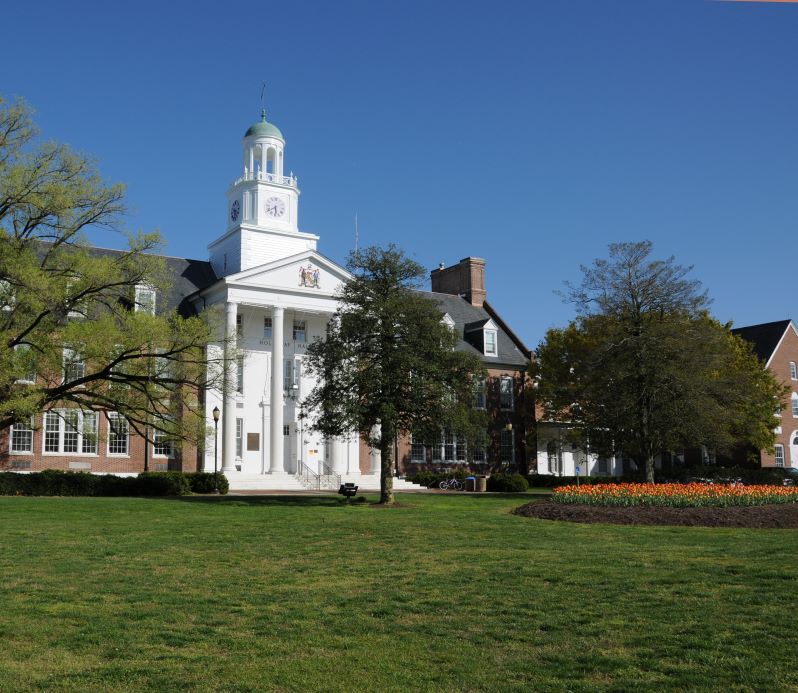SU Ethics Initiative Earns $146,000 National Endowment for the Humanities Grant
 SALISBURY, MD---The Re-Envisioning Ethics Access and Community Humanities (REACH) program at Salisbury University recently received a $146,322 grant from the National Endowment for the Humanities (NEH) Humanities Connections program.
SALISBURY, MD---The Re-Envisioning Ethics Access and Community Humanities (REACH) program at Salisbury University recently received a $146,322 grant from the National Endowment for the Humanities (NEH) Humanities Connections program.
The funding will help the initiative, a collaboration involving Philosophy, Psychology, and Biological Sciences, to bring aspects of ethical practice into all disciplines across campus. The grant will support three years’ worth of programming around community-based ethics education.
Drs. Michèle Schlehofer (Psychology), Timothy Stock (Philosophy) and Jennifer Nyland (Biology) received the grant after several years serving as co-directors of REACH. The initiative began in 2018, when Schlehofer and Stock realized how much overlap there was between their disciplines in terms of the importance of ethical concerns. Nyland came on board during the COVID-19 pandemic as it brought home complex ethical issues in a new and pressing way. The pandemic demonstrated how ethics affects nearly all aspects of life, and provided a new context for biomedical research to establish ethics and social responsibility as a primary concern.
REACH developed methods to connect community partners with SU, and to return campus conversations around ethical issues to the community.
The need for these conversations is obvious when they start from community leaders, says Stock. “You have to understand why it is that you’re making the decisions that you’re making,” he said. “You have to be clear about what your principles are and how they connect to the mission of your organization and how to navigate different perspectives within the organization itself.”
The cyclical process of REACH begins as the group holds listening sessions with community and regional business leaders, allowing for conversation of ethical dilemmas they may be facing.
Faculty members bring the cases back to campus and find the proper program and class in which they should be discussed. After the case is dissected, the results are delivered to the concerned community members.
The team has already coordinated with the City of Salisbury and Habitat for Humanity regarding housing issues in the area.
The grant funding will to expand this work, allowing for more listening sessions, on-campus training, and ethics workshops. One such session, “Adherence to Ethical Norms and Accountability,” is scheduled Wednesday, May 18, and the group leads an Ethics Faculty Learning Community as well.
The NEH grant aims to blend humanities disciplines— ethics, in SU’s case — into different academic settings, in particular the STEM disciplines. Funds will support “Ethics Across the Curriculum,” a program which will help train faculty in how ethics can be interwoven in their classes
This is the second NEH grant for REACH. Schlehofer and Stock earned a smaller planning grant in 2020 when getting the program established. The current round of funding was exceptionally competitive, with on only 10 Humanities Connections implementation grants selected for funding, a mark of distinction for SU’s model of civically-engaged education.
Long-term goals for REACH include a University-based ethics center, similar to SU’s Bosserman Center for Conflict Resolution, which would allow businesses or individuals to seek out the expertise of REACH and SU students in solving real-world ethical issues.
For more information about REACH, visit the program webpage.
Learn more about how SU students and faculty make tomorrow theirs at the SU website.
